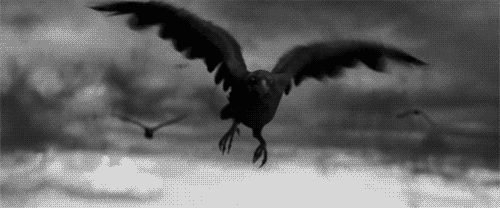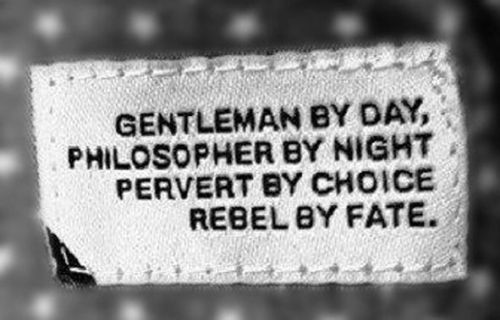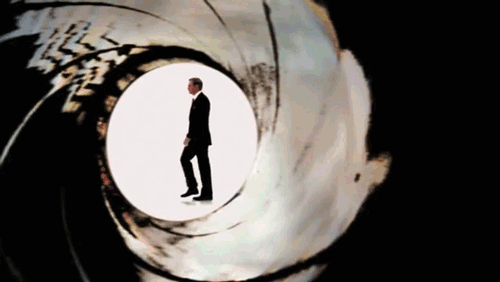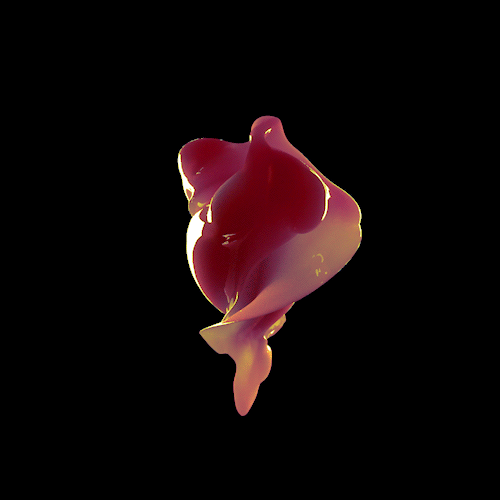The Other is a 1972 psychological horror film directed by Robert Mulligan, adapted for film by Tom Tryon, from his bestselling novel.
It stars Uta Hagen, Diana Muldaur, and Chris & Martin Udvarnoky.
Set in idyllic 1935 Connecticut, The Other follows young twins Niles and Holland as they run about their small farm fishing, playing in the apple cellar, harassing the old lady down the lane and caring for their heartsick mother.
Niles is the “good son.” He reads to his mother, spends time with his grandmother and is always hesitant to become involved in Holland’s schemes. Holland, on the other hand, sneaks around and enjoys playing tricks on people…tricks that soon turn deadly.
Holland is clearly the amoral mischief maker, though sympathetic Niles is often caught in their shenanigans. Niles carries a Prince Albert tobacco tin with several secret trinkets, including the Perry family ring, which came down from their grandfather, and something mysteriously wrapped in wax paper. He asks Holland to "take them back," but Holland insists "I gave them to you, they're yours now."
Their cousin Russell finds the boys in the forbidden apple cellar, and promises to snitch on them. Their mother is a recluse in her upstairs bedroom, grieving over the recent death of the boys' father in the apple cellar. Grandmother Ada, a Russian emigrant, dotes on Niles, and has taught him a psychic ability to project himself outside of his body, for example in a bird; this ability she calls "the great game." As the summer progresses, Holland appears to play some deadly practical jokes. A pitchfork left hidden in some straw in the floor of the hayloft takes the life of their sneering cousin Russell (he leaps from the upper loft onto it) before he can betray their secret hideaway in the apple cellar. A frightening magic trick for nearby spinster Mrs. Rowe causes her to have a fatal heart attack. After Russell's funeral, Niles' mother finds the ring, and the severed finger that is wrapped in wax paper. That night she demands Niles to tell her how he has taken possession of father's ring. "Holland gave it to me," he answers. She's shocked, and asks him when he gave it to Niles. "In the parlor, after our birthday," he answers. Holland appears, whispering, "Give it back!" After a struggle on the handing over the ring, she falls down the stairs and is rendered partially paralyzed. Ada finds Holland's harmonica at Mrs. Rowe's house after her body is discovered. Finding Niles in church, transfixed by the image of "The Angel of a Better Day," she asks Niles about Mrs. Rowe, and he identifies Holland as the culprit. Ada drags Niles to the family graveyard and demands that Niles face the truth: Holland has been dead since their birthday in March, when he fell down the well. He was thought to have been buried with his father's ring ... which, of course, is in Niles' possession. At home, Ada blames herself for teaching Niles "the game," but insists that he not play it anymore. But Niles continues to talk with Holland. Holland helps Niles to remember how he got his father's ring: Holland insisted that he cut his finger off while he lay in his casket in the parlor. In the stairway, Ada hears Niles whispering....
More tragedy strikes the family. During a storm, Rider and Torrie's newborn baby is kidnapped, a copycat of the recent Lindbergh tragedy. (News about the trial is seen in a newspaper, and Niles has a crayon portrait of Bruno Hauptmann in his bedroom.) As the adults mount a search for the baby, Niles sneaks off to the barn. Ada suspects that Niles knows more than he's letting on. When she discovers Niles in the barn, pleading for Holland to tell him where the baby is, she fears that Niles is beyond hope. She insists that he, Niles, has done all these things, but he refuses to believe her. The baby is found, drowned in one of Mr. Angelini's pickle barrels, and they apprehend the (innocent) handyman. Returning to the barn and shutting the door, Ada hears Niles in the apple cellar where the boys like to hide, whispering with Holland. She empties a can of gasoline into the apple cellar, and, clutching an oil lantern, dives into the cellar, starting a cataclysmic fire.
As autumn begins, the ruins of the barn are being cleared. The camera zooms in on a padlock that has been cut open with a bolt-cutter. We find that in spite of the fire, Niles is alive and well. His mother is a catatonic invalid, Ada has died in the barn fire, and no one knows Niles's terrible secret.
The film was shot entirely on location in Murphy's, CA and Angels Camp, California. Director Robert Mulligan had hoped to shoot the film on location in Connecticut, where it takes place, but because it was autumn when the film entered production (and therefore the color of the leaves would not reflect the height of summer, when the story takes place) this idea was dropped.
This would be the only movie appearance by the twins Chris and Martin Udvarnoky, the featured stars. Mulligan never shows the brothers in frame together. They are always separated by a camera pan, or an editing cut.
John Ritter would make one of his earliest appearances in the film, as the boys' brother-in-law, Rider Gannon. Ritter appeared as Father Matthew Fordwick on The Waltons; coincidentally, film-music composer Jerry Goldsmith also scored the TV series' theme, as well as the soundtrack for The Other. Rider's young wife and the twins' sister, Torrie, is played by Jenny Sullivan, who, at the time, was married to singer-songwriter Jim Messina of Loggins & Messina fame.
Despite the grotesque nature of the plot, composer Goldsmith elected to give the film a mostly upbeat score to reflect the childish innocence of its main character. More often than not, the film's darker scenes feature no music at all. Goldsmith's compositions for the film can be heard in a 22 minute suite found on the soundtrack album of The Mephisto Waltz. This CD was released 25 years after the release of the film. According to the liner notes of the soundtrack, over half of Goldsmith's music was removed during the film's post production. It does not specify whether this was the result of deleted footage or a decision affecting the music only.


























No comments:
Post a Comment